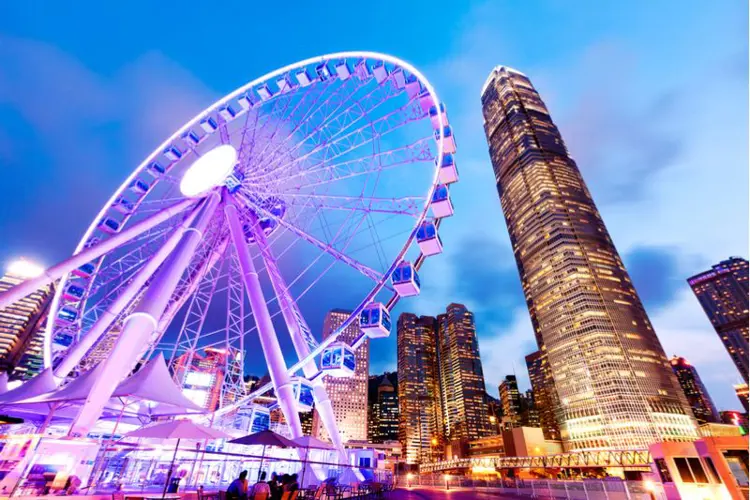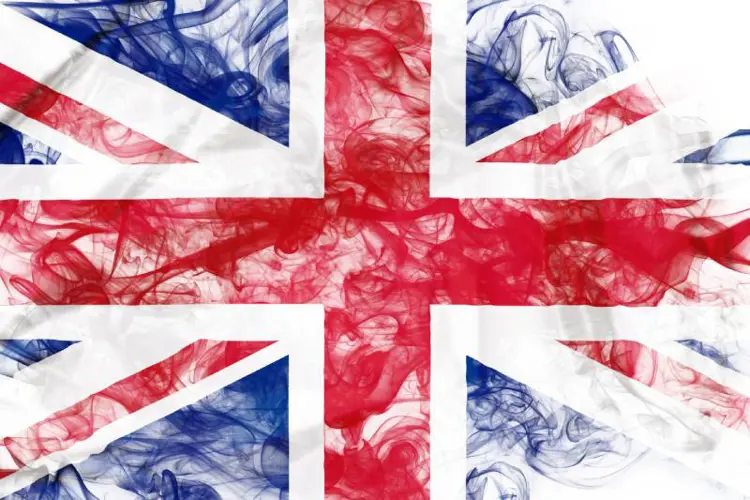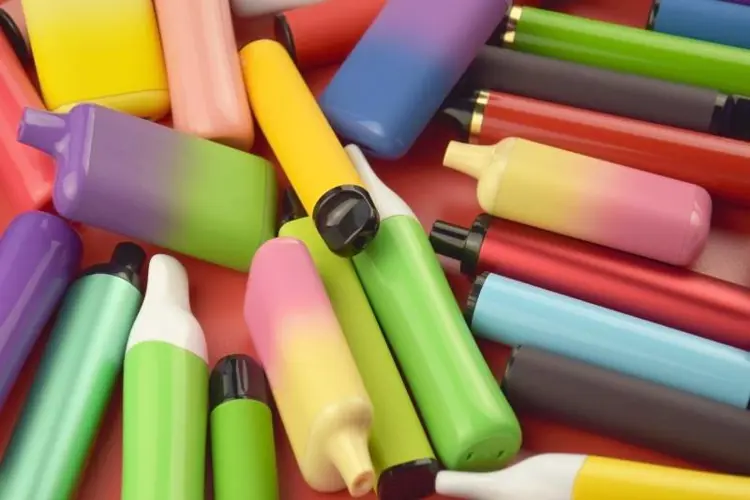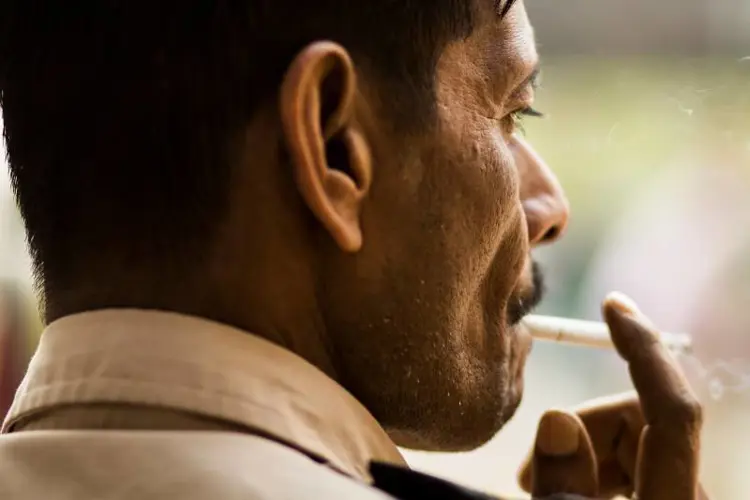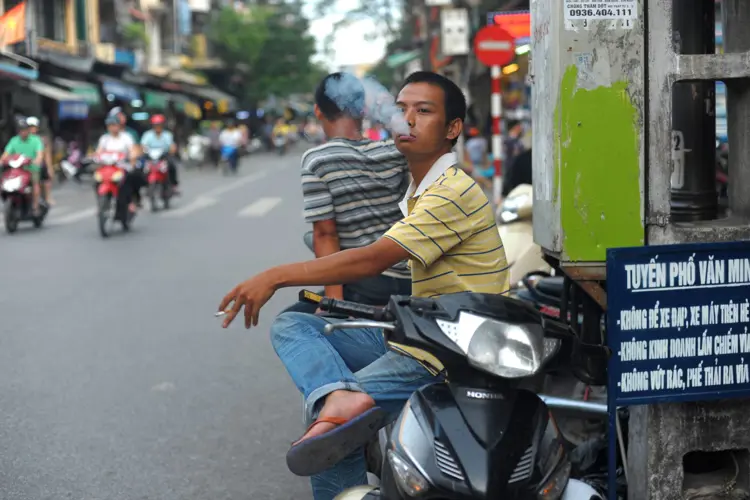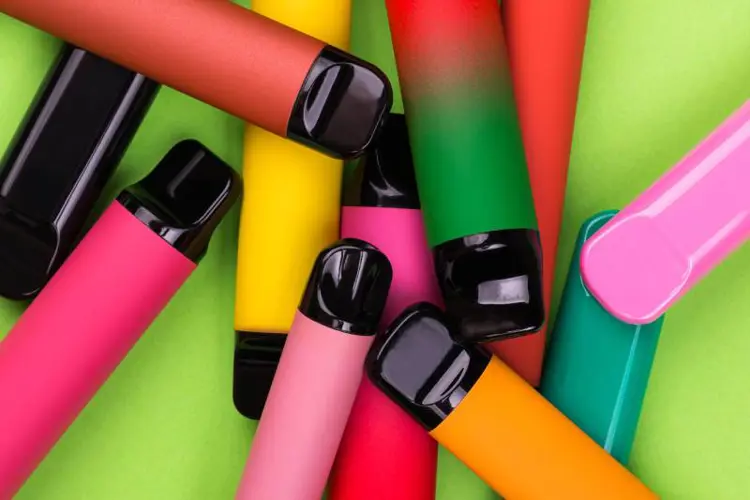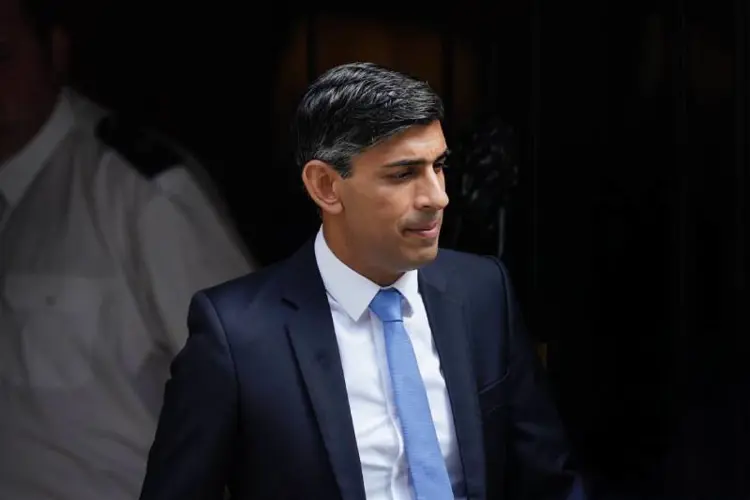As many as 35,000 visiting British vapers yearly would be at risk of facing legal sanctions if the Hong Kong government bans possession of vaping products — or they might cancel plans to travel to the city at all.
According to the New Nicotine Alliance (NNA), 570,000 U.K. residents visited Hong Kong last year, and about six percent of Britons vape. That’s 35,000 people who could be at risk of arrest and even imprisonment if Hong Kong follows through on its plan to prohibit importation of vapes.
The Hong Kong Legislative Council is currently considering legislation that would criminalize vaping products. If it passes, the new law would ban sales, manufacture, importation, distribution, or promotion of vapes and heat-not-burn (HNB) tobacco products. Conviction could result in up to six months in jail and a fine of 50,000 Hong Kong dollars (about $6,370 U.S.).
“E-cigarettes are a proven safer alternative to smoking and the U.K. boasts 1.7 million former smokers who have converted from smoking to exclusively vaping instead,” said NNA Trustee Sarah Jakes in a statement. “Applying a ban on possession of products which have a successful track record of diverting smokers away from combustible tobacco is crazy.”
Hong Kong is less than an hour’s drive from Shenzhen, the center of the world’s vaping product production.
The NNA is a registered U.K. charity, staffed by volunteers, that was formed to increase understanding of low-risk nicotine consumer products like vapes, snus, and HNB tobacco products.
"I just can't believe they are thinking of banning e-cigarettes in Hong Kong.”, said Clive Bates, a long-standing anti-smoking campaigner from the U.K. and former Director of Action on Smoking and Health. Bates and other public health advocates sent a letter to the Hong Kong Chief Executive last year, asking for reasonable regulation rather than prohibition. Now he’s left wondering what happened.
“If a country wanted to destroy its hard-won reputation for innovation, technology and hospitality, it would prohibit new and better ways of quitting smoking and drive away visitors who have embraced this alternative to smoking,” said Bates. “Vaping is at least 95 percent lower risk than smoking — why would Hong Kong ban vaping but protect smoking?"
There are almost two million exclusive vapers in the U.K., and many will probably avoid Hong Kong if a ban is approved.
Hong Kong is an autonomous region of the People’s Republic of China, and has a population of 7.4 million. It is a special administrative region of China, with its own laws, governmental structure and currency. Hong Kong is less than an hour’s drive from Shenzhen, the center of the world’s vaping product production.
There are reasons other than harm reduction and personal choice that Hong Kong’s leaders should be nervous about their decision to ban vaping. Hong Kong is a former British colony, and an important world financial center with strong ties to U.K. businesses, as well as being a popular destination for U.K. tourists. There are almost two million exclusive vapers in the U.K., and many will probably avoid Hong Kong if a ban is approved. That’s a lot of potential tourists.
“Under these plans, UK vapers would visit Hong Kong at their peril with their e-cigarette and risk imprisonment or leave their device at home and get their nicotine from conventional cigarettes, which will still be available everywhere, and perfectly legal to smoke.”, says the NNA’s Sarah Jakes.
“The NNA advises that British vapers should make themselves aware of this proposed new law to avoid inadvertently facing prison, or just not visit Hong Kong at all.”
The Freemax REXA PRO and REXA SMART are highly advanced pod vapes, offering seemingly endless features, beautiful touchscreens, and new DUOMAX pods.
The OXVA XLIM Pro 2 DNA is powered by a custom-made Evolv DNA chipset, offering a Replay function and dry hit protection. Read our review to find out more.
The SKE Bar is a 2 mL replaceable pod vape with a 500 mAh battery, a 1.2-ohm mesh coil, and 35 flavors to choose from in 2% nicotine.
Because of declining cigarette sales, state governments in the U.S. and countries around the world are looking to vapor products as a new source of tax revenue.
The legal age to buy e-cigarettes and other vaping products varies around the world. The United States recently changed the legal minimum sales age to 21.
A list of vaping product flavor bans and online sales bans in the United States, and sales and possession bans in other countries.







